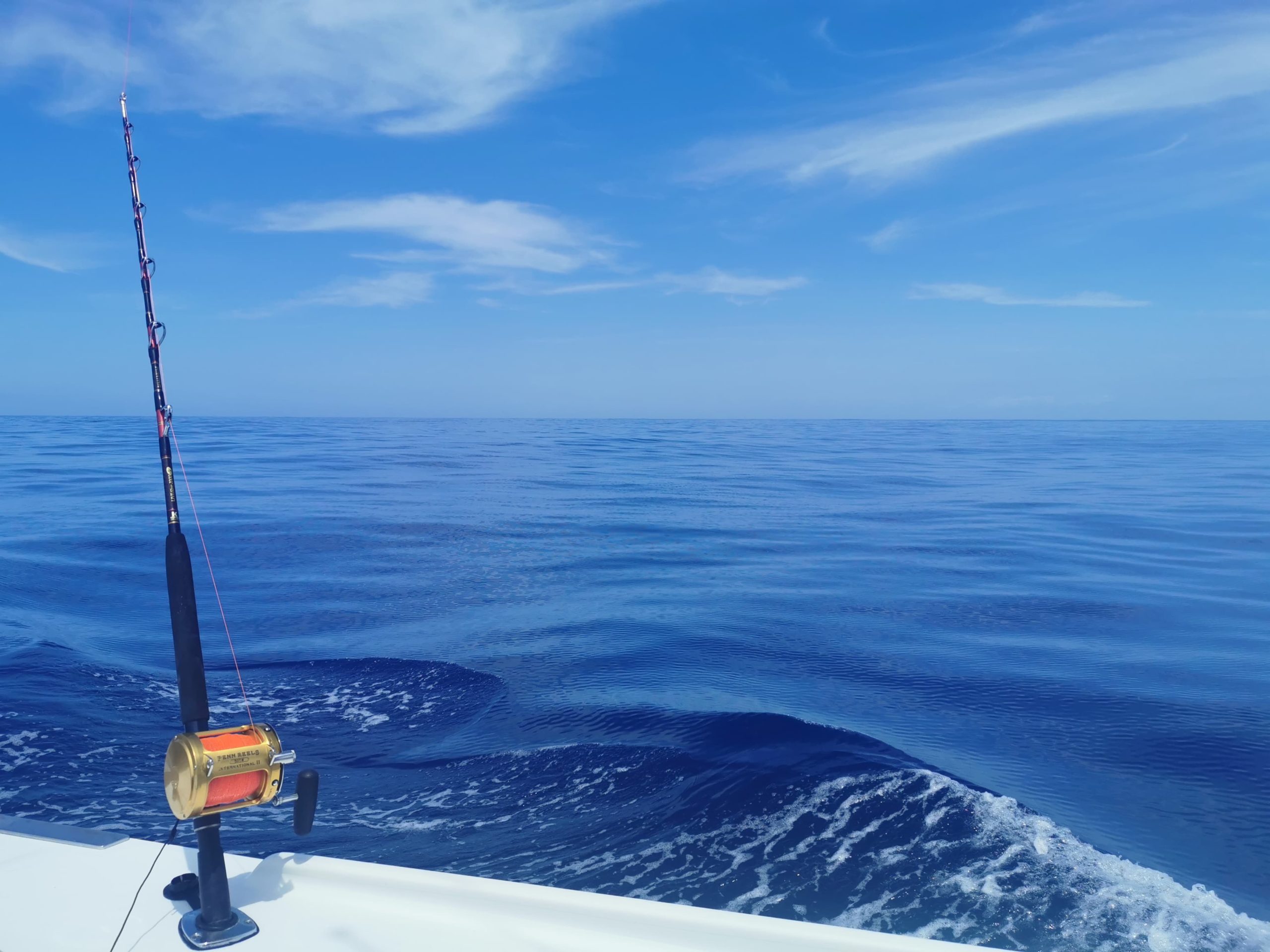FAQs
All FAQs |
Customary Fisheries | Fisheries Management | maximum sustainable yield | QMS | Economics | Fishing | Rescue Fish | Environment | Fishing methods | Recreational Fishing | Fishcare | customary | Kahawai | Reform scam | Baitfish | Scallops | Crayfish | WRC decision | Marlin | Reef fish | Deemed value penalties
November 2, 2020
Approved service providers or commercial fishers or their agents, if they are funding a particular project.
November 2, 2020
Fisheries New Zealand pays for stock assessment research and may collect levies from quota owners as part payment, depending on the stock. Quota owners sometimes pay for research if they consider there is development potential in a particular fishery
November 2, 2020
The Quota Management System is the framework that determines how our fish stocks are managed. The system is set up so that quota holders have a major influence on where the research funding is spent. This means that research funding is targeted towards fish stocks that may deliver greater catch limits, not necessarily the fish ... Read more.
November 2, 2020
Alternatives to trawling include long lining and trapping. While these alternative methods may be more time consuming they generally deliver better quality fish which ought to attract a higher value return.
November 2, 2020
It is unknown how long it would take for an area to recover from trawling because no one in New Zealand has deliberately stopped trawling and supported a research project on recovery rates.
November 2, 2020
The Minister of Fisheries has a statutory obligation to ‘ensure sustainability’. He needs to know how many fish to set aside to account for expected mortality before he can allocate any fish for commercial catch. More cautious catch limits need to be set when there is greater uncertainty around mortality levels.
November 2, 2020
When setting total catch limits for a particular fishery, the Minister of Fisheries sets aside a tonnage of fish to allow for the mortality caused by all fishing. This could be fish killed by trawling and other methods, fish that drop out of nets and unseen mortality, fish that die after fishing has occurred. This ... Read more.
July 28, 2020
Catch limits in mixed finfish fisheries will be set to account for those species that live or move together. Fixed term commercial permits will be conditioned by Output limits. Output limits will replace the existing quota limits for single species. Output limits will be described as equivalents to account for mixed species catches. All catches ... Read more.
July 8, 2020
Under Rescue Fish the Government buys back the quota for inshore fish stocks. The buy-back cost is recovered over time from resource rentals applied to fishing permits. There will be a tender process and the agreed price the fisher pays for the permit will be the resource rental that goes to the Crown in recognition ... Read more.
June 26, 2020
Having multi-species commercial fishing permits in mixed finfish fisheries addresses the failings associated with single species management. Multi-species permits represent a more holistic way to manage life within the marine environment. The benefits of multi-species permits include the following – Removes target and bycatch categories. Catch is catch and ALL catch will be landed. Moves ... Read more.

